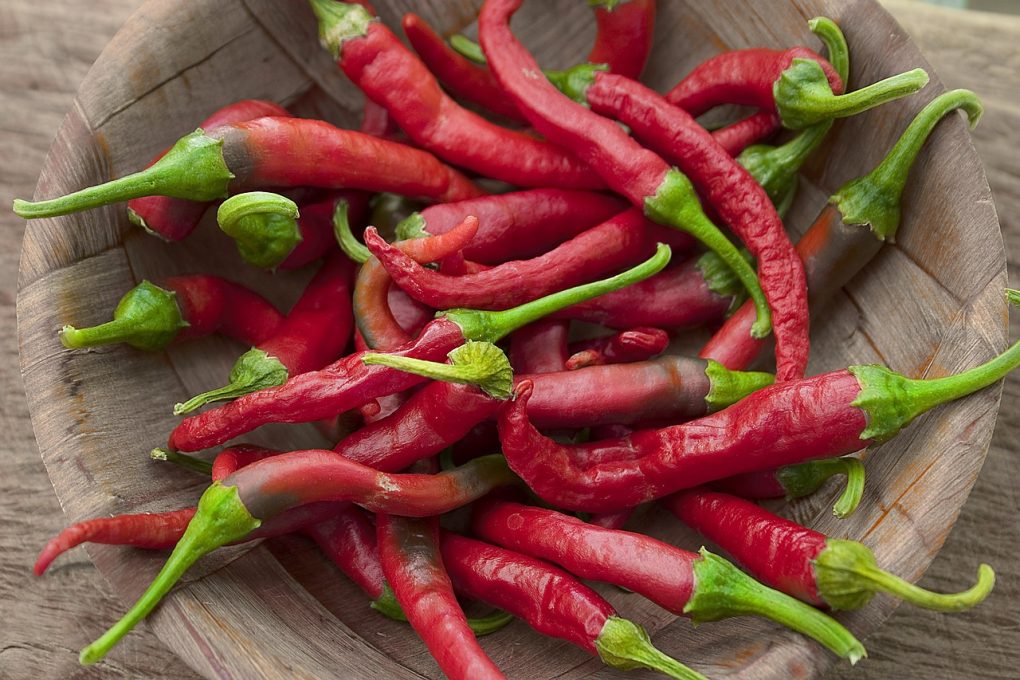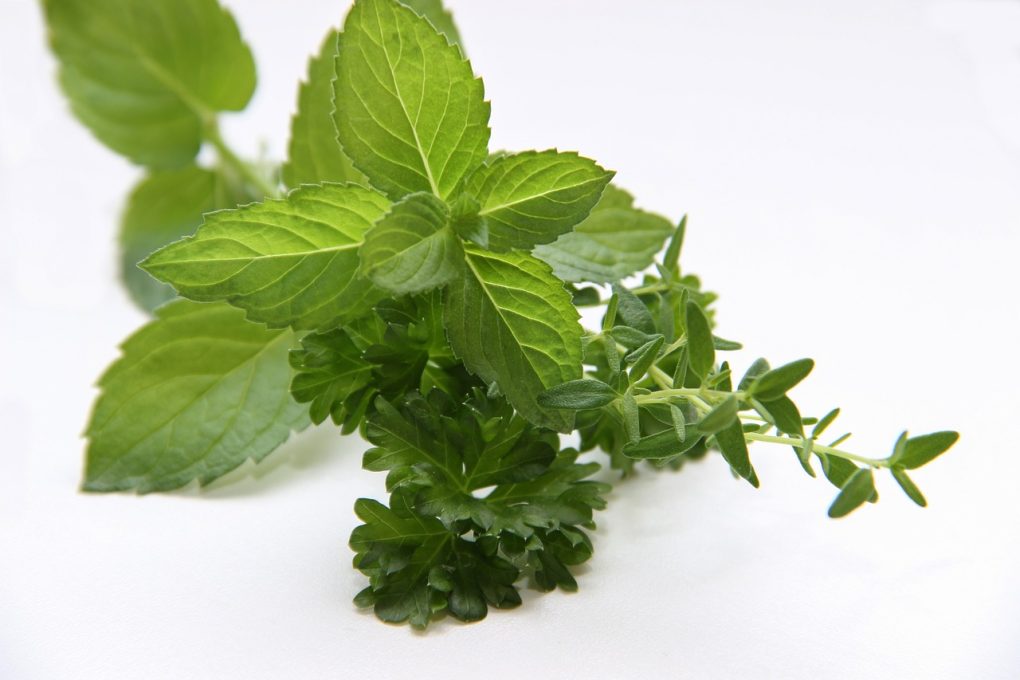
When faced with the choice of selecting a favorite fruit, many individuals find themselves torn between apples and pears. Not only are these fruits exceptionally delicious, but they also provide numerous nutritional benefits. However, when confronted with both options side by side at the grocery store, how does one decide? Let’s delve deeper into the distinctive characteristics of these fruits to help you make an informed decision.
Pear Vs Apple:All Differences

Pear Vs Apple:Nutritional Value
When considering pear vs apple, it is important to look at their nutritional value. Both of these fruits are packed with vitamins and minerals, and they both have a low-calorie count. A single medium-sized apple contains about 95 calories, whereas a single medium-sized pear contains about 100 calories. Apples are a good source of fiber, while pears are a good source of potassium. Depending on your dietary needs, one might be a better choice than the other.
Difference In Taste
The taste of apples and pears is quite different. Apples tend to be tart and can range in flavor from sweet to sour. Pears, on the other hand, have a mild sweetness and are often more juicy than apples. The texture of the two fruits is also quite different. Apples have a tender, crisp texture, while pears have a softer, slightly gritty texture.
Difference In Variety
When it comes to variety, apples and pears both offer plenty of options. For apples, some of the most common varieties include Red Delicious, Granny Smith, and Honeycrisp. For pears, some of the most common varieties include Bartlett, Bosc, and Anjou. Depending on your preferences, you may find that one type of apple or pear tastes better than another.
Difference In Uses
When it comes to pear vs apple, both fruits can be used in a variety of ways. Apples can be eaten as a snack, cooked into pies, or even made into cider. Pears can be eaten raw, cooked into desserts, or even used to make jams and jellies. Both fruits can also be used in salads or as a topping for yogurt or oatmeal.
Difference In Availability
When it comes to availability, apples tend to be more widely available than pears. Apples can be found in most grocery stores year-round, while pears tend to be seasonal and may not always be in stock. Additionally, apples tend to be less expensive than pears, so if you are looking for a budget-friendly option, apples may be the way to go.
Difference In Storage
When it comes to storage, apples and pears have different requirements. Apples can be stored in the refrigerator for up to one month, while pears should be stored in a cool, dry place. Additionally, apples should not be stored near ethylene-producing fruits, such as bananas or avocados, as this can cause them to ripen too quickly. Pears, on the other hand, can be stored with ethylene-producing fruits, as this will help them ripen.
Difference In Seasonality
When considering pear vs apple, it is important to consider their seasonality. Apples are available year-round, while pears tend to be harvested in the fall and winter months. This means that if you are looking for a fruit that is in season, pears may be the better choice.
Difference In Health Benefits
Both apples and pears offer a variety of health benefits. Apples are a good source of fiber, which can help to reduce cholesterol levels and promote healthy digestion. Pears are a good source of potassium, which can help to regulate blood pressure and prevent heart disease. Additionally, both apples and pears are low in calories and have a low glycemic index, making them a great choice for those who are trying to lose weight.
Interesting Things about apples

Not All Apples Float
While the saying goes “as American as apple pie,” not all apple varieties float in water. The density of the apple determines whether it sinks or floats. Some apples, like Granny Smiths, are more likely to float due to their lower density, while others, like McIntosh, tend to sink.
Apples Can Help Clean Your Teeth
Apples contain a natural astringent called malic acid, which can help stimulate saliva production. Saliva helps clean your teeth and wash away food particles, reducing the risk of tooth decay. So, biting into an apple can act as a natural toothbrush!
Apples Ripen Six to Ten Times Faster at Room Temperature
If you want to slow down the ripening process of apples, it’s best to keep them refrigerated. Apples stored at room temperature ripen much faster, up to six to ten times quicker than those stored in the refrigerator.
There Are Thousands of Apple Varieties
There are over 7,500 known apple varieties worldwide, each with its own unique flavor, texture, and appearance. While you may be familiar with popular varieties like Red Delicious or Granny Smith, there’s a whole world of apple diversity out there to explore.
Apples Are a Member of the Rose Family
Apples belong to the Rosaceae family, which also includes other fruit-bearing plants like peaches, plums, cherries, and even roses. So, the next time you admire a beautiful rose, remember its distant connection to the apple tree.
The Largest Apple Ever Recorded Weighed Over 4 Pounds
The heaviest apple ever grown weighed in at a whopping 4 pounds and 1 ounce (1.85 kilograms). It was grown in Hirosaki City, Japan, in 2005. That’s equivalent to about 20 regular-sized apples!
Interesting Things about Pear

Many varieties
There are over 3,000 known pear varieties grown worldwide, each with its own unique flavor, texture, and appearance. Some popular varieties include Bartlett, Anjou, Bosc, and Comice.
Ripening process
Unlike many other fruits, pears do not ripen well on the tree. They are typically harvested when they are mature but still firm, and then allowed to ripen off the tree. This is because pears ripen from the inside out, and if left on the tree, they can become overripe and mealy.
Pears and apples
Pears belong to the same family (Rosaceae) as apples. However, they have a different shape, texture, and flavor. While both fruits have similar nutritional profiles, pears tend to be slightly lower in calories and fiber compared to apples.
Sensitivity to ethylene gas
Pears are sensitive to ethylene gas, a naturally occurring plant hormone that accelerates fruit ripening. To slow down the ripening process and prevent them from becoming too soft, it is advisable to store pears separately from ethylene-producing fruits like apples and bananas.
Conclusion
When it comes to choosing between pear vs apple, it really comes down to personal preference. Both fruits offer plenty of nutritional benefits and can be used in a variety of ways. When it comes to availability, apples tend to be more widely available and less expensive than pears. If you are looking for a seasonal fruit, however, pears may be the better choice. Ultimately, the choice is up to you.





